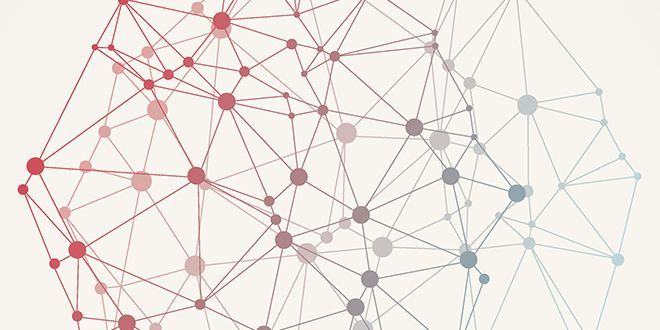By Stephen F. DeAngelis, Enterra Solutions — Wired

“Algorithm” is a word that one hears used much more frequently than in the past. One of the reasons is that scientists have learned that computers can learn on their own if given a few simple instructions. That’s really all that algorithms are mathematical instructions. Wikipedia states that an algorithm “is a step-by-step procedure for calculations.
Algorithms are used for calculation, data processing, and automated reasoning.” Whether you are aware of it or not, algorithms are becoming a ubiquitous part of our lives. Some pundits see danger in this trend. For example, Leo Hickman (@LeoHickman) writes, “The NSA revelations highlight the role sophisticated algorithms play in sifting through masses of data. But more surprising is their widespread use in our everyday lives. So should we be more wary of their power?” [“How algorithms rule the world,” The Guardian, 1 July 2013] It’s a bit hyperbolic to declare that algorithms rule the world; but, I agree that their use is becoming more widespread. That’s because computers are playing increasingly important roles in so many aspects of our lives. I like the HowStuffWorks explanation:
“To make a computer do anything, you have to write a computer program. To write a computer program, you have to tell the computer, step by step, exactly what you want it to do. The computer then ‘executes’ the program, following each step mechanically, to accomplish the end goal. When you are telling the computer what to do, you also get to choose how it’s going to do it. That’s where computer algorithms come in. The algorithm is the basic technique used to get the job done.”








Comments are closed.